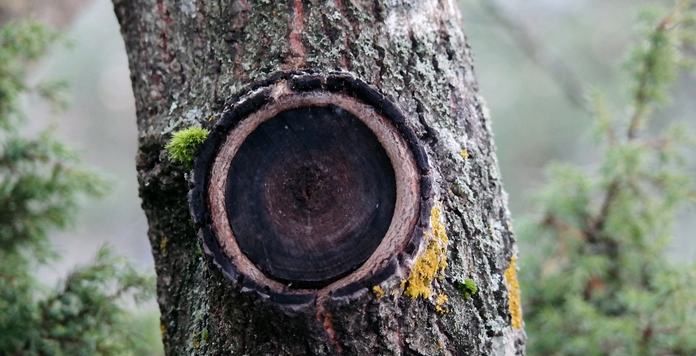
DOM-TITAN is the leading Slovenian company in the field of mechanical security protection of doors and locks for furniture. They were looking for a suitable partner for the development of ecological packaging. The idea of replacing styrofoam material was born on the initiative of Tomaž Kališnik, an employee of DOM-TITAN in the development and technology department. For implementation, they turned to the sustainable packaging strategists of DS Smith.
Based on the conceptual design of DOM-TITAN d.d. (author of the design Igor Plevel), and the experience of packaging strategists, we defined the key starting points of the new solution through a PackRight workshop.
Challenges of styrofoam packaging filler replacement
The main requirements from the client for the development of new ecological packaging were:
- Packaging that is sustainable and raise brand awareness
- Supply chain optimization.
- Aesthetic aspect - the impression of consumers when they open the packaging.
- Easy packing.
- Improve the protection that the fillings offer to the product.
- Adaptability of the fillings to different dimensions of locks.
DS Smith designers incorporated the Principles of Circular Design into the solution design process and followed the PackRight methodology of new product development.
“We always keep in mind the principles of circular packaging. The packaging is designed according to the respective phases of the product supply chain. In the process of development, we tested prototypes of the packaging several times together with the company DOM-TITAN d.d. and through improvements we came to the final solution, which brings many advantages, " adds Alenka Knez, head of DS Smith's PackRight development center in Brestanica.
- Achieved sustainable goal of DOM-TITAN d.d .: elimination of the use of styrofoam in the packing process.
The new solution solves the problem of disposable styrofoam, which often ends up in landfills instead of recycling. They removed 1.7 tons of styrofoam per year, which has so far been used to pack locks. - 100% recyclability of packaging fillings
They can be easily recycled within the good practice of existing systems. They are made of paper with a certificate of responsible forest use, which contains approx. 80% recycled fibers. - Due to more optimal loading of products on the pallet within the supply chain, we reduced the carbon footprint by 20%.
- Fast filler assembly.
- Contribute to the productivity of the production of locks, despite the fact that the inserts are now manually assembled
- Complete protection of heavier products. Due to the weight of the locks (approx. 4 kg), the construction of the fillings are very efficient. They ensure the products’ protection to damage.
- Use of fillings for several different products and lower packaging cost.
Interest in circular packaging is growing
Many companies are actively reducing their impact on the environment, looking for and developing circular packaging for their products. “Companies are looking for packaging that is circular, that is easily recycled or reused and has zero impact on the environment. We are already talking about packaging with a zero carbon footprint, "comments Jožica Hojnik, Sales Director at DS Smith Slovenia.
Igor Plevel, author of the design of the styrofoam replacement project for the company DOM-TITAN d.d. on the selection of a partner for the development of organic packaging states: “Very few packaging companies have such a good development department that could compete with DS Smith’s PackRight Center. We have chosen DS Smith as a partner in the project of circular packaging fillings, as they have been supplying us with quality materials for decades, they choose the right type of material for a specific product and are always ready to participate in creating and developing new packaging solutions”.
"At DS Smith we have just put together a strong sustainable development strategy where we focus on five key sustainability goals. Within three years, we will only produce recyclable or reusable packaging and by 2030 we will ensure that all is recycled or reused. At the same time, we want to accelerate the circular economy, replace environmentally hazardous plastic packaging and continue with projects that reduce our customers' CO₂ emissions, ”adds Jožica Hojnik.






